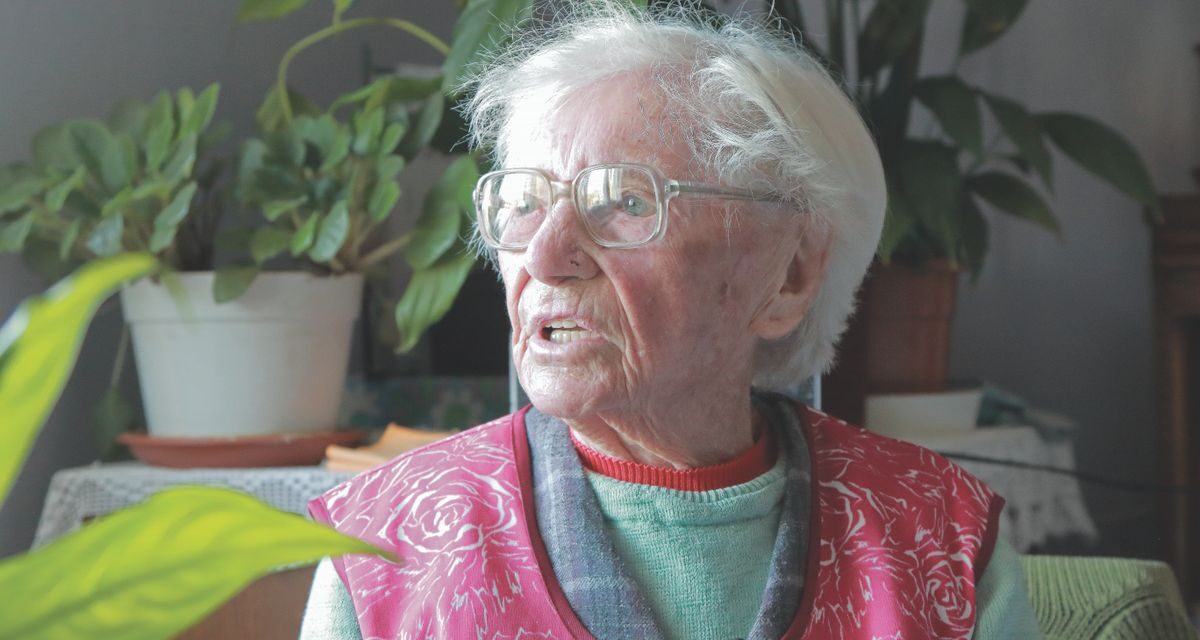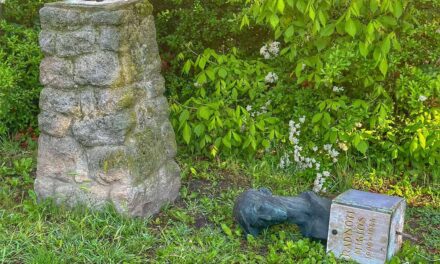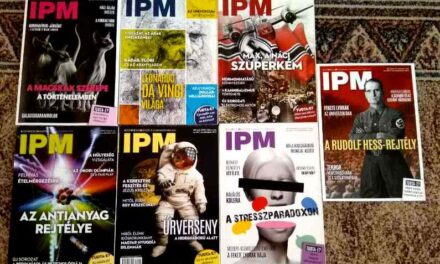Mária Hasenfratz, an old woman living in Bicské, grew up in a difficult world created by the path of wars, who also told us about how she lived in an age when families fell apart due to murderous wars, widows sought a new life and orphans were brought into the world by stepmothers. Interview.
This age left a deep impression on Aunt Midi's soul, which is why it is important to understand how the little girl's former family was formed, who belonged to whom.
My mother was from Upper Galla, my father from Sari. My father was first engaged in farming, then worked as a carpenter. Unfortunately, my mother died when I was four years old. My father met him as a bachelor, who would be left with forty acres of land after his parents, which had to be cultivated and farmed. My mother had a husband before, but he died as a soldier in the First World War. A daughter and a son were born from that union
- the hundred-year-old woman begins her life story.
The parents' marriage also produced a son and a daughter, the latter being Mária, i.e. Midi. Aunt Midi's brother was christened József after their father. The early death of the mother prompted the father to look for a stepmother. He managed to find a widowed woman with her child. Two more daughters were born from the new marriage. The father and stepmother had to support seven children.
At the age of twenty, she gave birth to her first daughter, Franciska, who still lives with her today. Her husband served 12 months as a soldier in World War II. The Soviets came to Szár in December 1943, the year Franciska was born. The German soldiers were in the upper end of the village, the Soviets arrived in the lower end, where Aunt Midi lived. The Soviet troops resettled the locals from the hardened Sári front to Felcsút, Alcsút, and Etyek.
As long as the Germans were only in the village, there was no problem. They allowed the locals to take care of the animals. But after the arrival of the Russians, many people fled, many were taken from the lower part of Sár, and they destroyed the livestock and looted the houses
- remembers Aunt Midi, who then moved to Etyek. As he later found out, the Soviet soldiers, taking advantage of his father's blacksmith shop, forced him to work for them. In 1944, the news came that the Russians had left Sar for Galánta, and the authorities allowed everyone to go home.
Imagine that when we went home, we had nothing! The Russians burned the front door and the furniture. The relatives from Upper Galla helped us out with beans, potatoes, whatever they could
- the woman who lived through a lot told us about the war period. Fortunately for them, her husband and brother-in-law worked in a bakery during the war, which was used by the Russians, so the family got bread.
I still like milk to this day, but I don't think the whole village drank as much as I consumed
- says Aunt Midi, who says that the agony of the war was not enough, the new system persecuted Germanness and the deportation of the Swabians began.
Seventy percent of the inhabitants of Szár were forced to pack their remaining possessions and go to a foreign place. Aunt Midi's husband worked as a locksmith at the Tatabánya power plant, where he was needed, so the board did not allow Aunt Midi's family to be displaced, but the old people, her parents and her siblings had to go.
And there is still no end to the tortures: in January 1956, the teas had to be forced to kill the animals and the lands had to be handed over to the teas. At first, Aunt Midi milked the cows for the tées alone, and then there were more and more of them.
She got up every day at 4:30 and milked the cows with her bare hands for 15 years, but she also took care of her children, who were getting older. In addition, they were also expected to cultivate an acre of land and garden the tees. It was thanks to her husband that they escaped the evacuation, but then she became ill, and finally she developed such a serious problem that they could not even operate, and in 1973 she left the family alone at the young age of 53.
But in the end, just as tees were suddenly created in the 1950s, they were abolished in the 1970s. Therefore, Aunt Midi looked for work in Pest, where she first packed cognac cherries at the chocolate factory, then cleaned at Füszért, and crocheted baby clothes as part of her work. There she met her second husband, who worked as a tailor at the Vörös Október Men's Clothing Factory. They lived in the new husband's apartment in Pest for three years, then moved to Szár, from where they went to Ozora to cultivate the husband's grapes. The love of grapes was also evident at their house in Sári, as half of the large garden was planted with grapes. At the house, they kept pigs, hens, chickens, and ducks, which they fed with the corn they produced. The house was made comfortable, and even had a telephone.
The children have already flown out, so that the two girls were married by two brothers, and they live here in the same street, close to each other in Bicské, while my son married Újbarok
Aunt Midi told about the complicated family ties. In 1997, her second husband also passed away, and even Aunt Midi got sick a lot, so they decided to sell the house in Sari, and the old woman moved in with the older daughter in 1998.
The complicated and extended family celebrated Aunt Midi's hundredth birthday on March 4 at Pizzafalo, where 34 people came. The three children were followed by seven grandchildren, eight great-grandchildren, and even three great-grandchildren appeared on the scene. One can only ask the impolite question whether Aunt Midi's heart is more German or Hungarian.
I studied and know both languages, but my heart is definitely Hungarian
Aunt Midi answered honestly.
One half of my life was very bad. My youth and childhood were very difficult, but my life changed for the better when the children came, and it became beautiful when the grandchildren and great-grandchildren were born
- summed up the centenarian woman.
And why did it become Midi? Even at that time, there were many Hasenfratz, at least six or seven families, which is why they were distinguished by the nickname Midi. This is how she inherited the name Aunt Midi. And Midi is Mária's nickname.
Little Midi loved going to kindergarten, which was almost next door to their apartment at the time. Her kindergarten teacher encouraged Midi a lot to become a kindergarten teacher, because she could sing beautifully.
Once my kindergarten teacher, Lenke Iglódi, took me home from kindergarten by the hand and called my father: "Uncle Józsi! I would raise this little girl as a kindergarten teacher. Please let me.” To which my stepfather snapped: "Why not! And who will cultivate the land?” So even though I was a good student later, even though I was at the top of the choir, I could never become a kindergarten teacher, even though I really wanted to.
Aunt Midi told me about her old pain. She was able to live out her wishes as a kindergarten teacher on her grandchildren and great-grandchildren, and as she said, she still makes them happy with old poems, children's songs, and songs.
"When I grow up, I will be strong, I will take a sword in my hand. I will become a soldier, that's how I will protect my country" -
he quoted one of his favorite poems from his childhood. And he certainly had poems and songs in his pocket.












